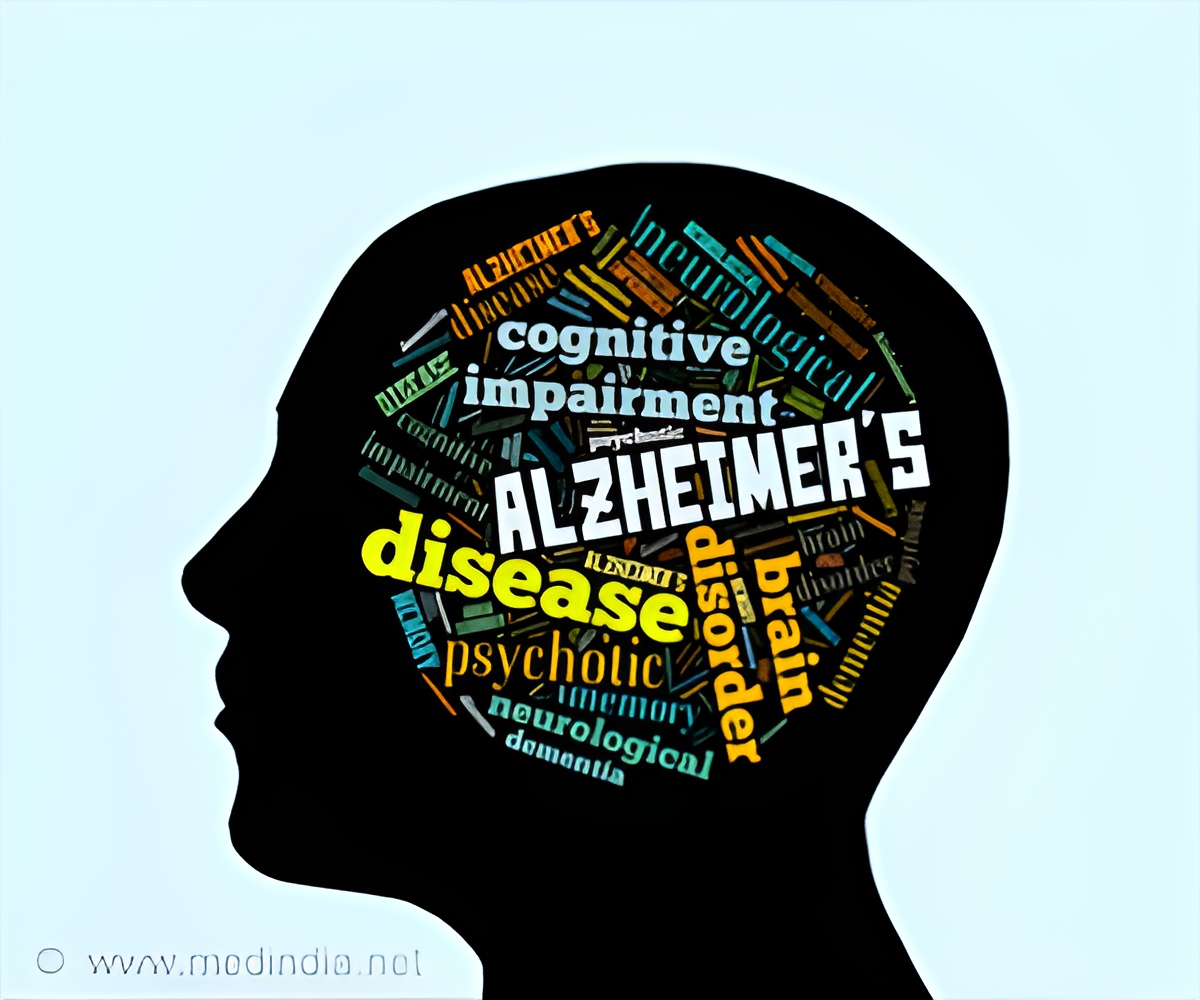
‘Inflammation levels in the blood may indicate the inflammation of the central nervous system and the risk of Alzheimer’s disease.’
Tweet it Now
Scientists have long known that AD-related pathology may develop long before clinical symptoms of AD appear, and that inflammation is a core component of the disease. Previous studies have linked levels of inflammatory markers in CSF and blood to Mild Cognitive Impairment (MCI), and research shows that elevations in inflammatory markers may be present decades before any AD symptoms appear. However, whether markers of inflammation in the blood (i.e., 'peripheral' inflammation) were related to known measures of AD-related pathology, even after accounting for CSF levels of inflammation (i.e., 'central' inflammation), remained unclear. Researchers also wanted to know whether markers of inflammation in blood plasma reflected inflammation of the central nervous system.
"One of the two primary goals of our study was to assess the association between inflammatory markers in CSF and plasma to clarify how well plasma inflammatory markers reflect central nervous system inflammation," said study author Brianne Bettcher, PhD, assistant professor of neurosurgery and neurology at the University of Colorado School of Medicine.
"Even more importantly, we were interested in determining whether inflammatory markers in plasma were independently linked to CSF markers of AD-related pathology and neuronal damage in a group of healthy, community dwelling older adults."
Her team tested blood and CSF samples from 173 middle-aged and older adults enrolled in the Wisconsin Alzheimer's Disease Research Center. Participants were healthy adults in that they had no clinical symptoms of Alzheimer's disease, although some had family histories of dementia presumed due to AD.
Advertisement
"Results from our study suggest that although CSF markers of inflammation are strong predictors, both plasma and CSF markers of inflammation independently relay information about AD-related pathology and neuronal damage in head-to-head comparisons," Bettcher said.
Advertisement
"I think increasing evidence suggests that the brain and body communicate. Our study shows that inflammation markers in the blood may be telling us about what is going on inside the brain."
Recent animal studies have shown a strong relationship between elevated inflammation and the propagation of tau proteins, which are associated with AD. Bettcher said the new findings could possibly serve as the focus of more in-depth studies aimed at developing a blood test to detect inflammation biomarkers years before symptoms of Alzheimer's appear.
She says the study also points to a potentially early role for inflammation in aging and AD. Bettcher also emphasized that although participants had detectable levels of AD-related markers and markers of neuronal damage in their CSF, the presence of these markers alone does not indicate a diagnosis of AD, nor does it mean that they will develop AD in the future. "These findings add to a growing body of literature underscoring an increasingly important relationship between systemic inflammation, central inflammation, and pathological outcomes," she said.
Source-Eurekalert












